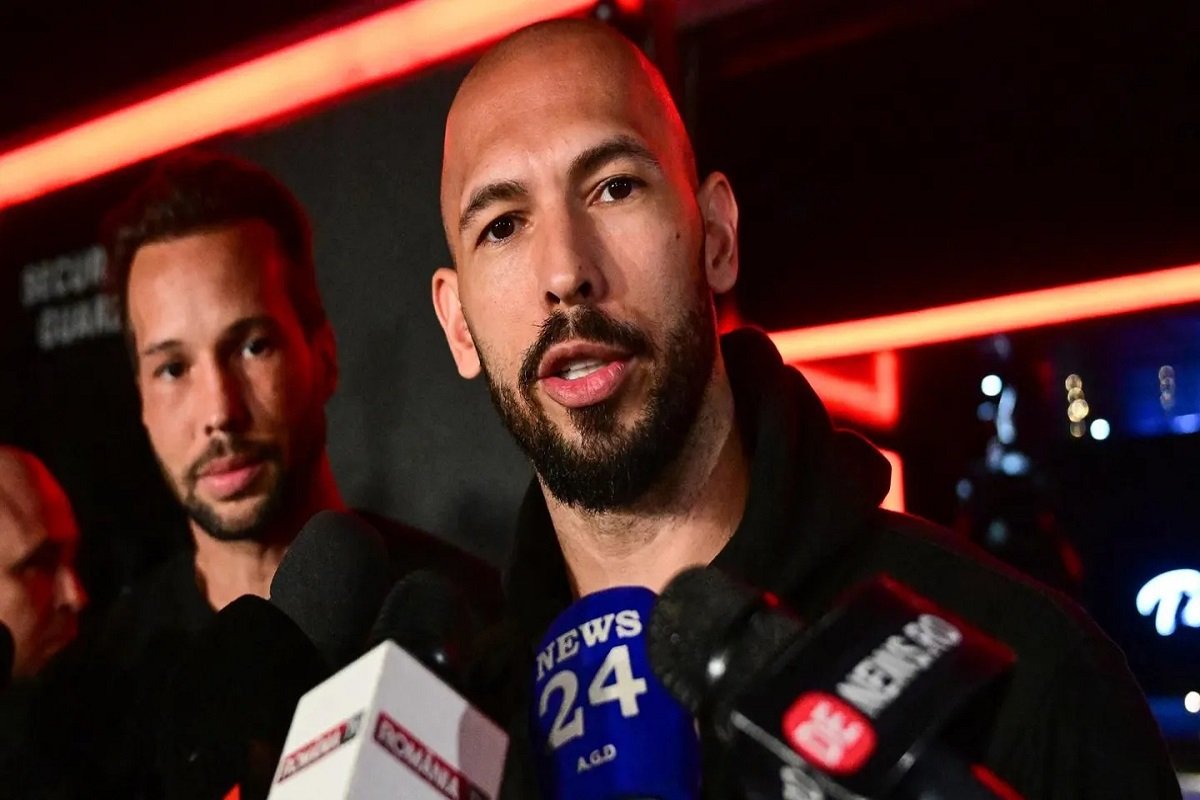Andrew Tate Faces UK Civil Lawsuit Over Coercive Control Allegations
The world is watching as Andrew Tate, a controversial influencer known for his provocative online presence, prepares to face a landmark civil lawsuit in the UK. The case centers on allegations of physical and sexual abuse brought forward by four women, marking a pivotal moment as UK courts examine coercive control claims in a civil setting for the first time.
Accusations and Legal Strategy
The allegations against Tate span incidents that reportedly occurred between 2013 and 2015. The four women accuse him of severe misconduct, including rape, choking, and threats involving firearms. Their legal representation highlights grooming and manipulation as central themes, presenting a novel approach in UK civil litigation. This strategy underscores how modern legal frameworks are adapting to address complex forms of emotional and psychological abuse.
Tate has consistently denied all allegations. His defense team, led by Vanessa Marshall, has confirmed that he intends to vigorously contest the claims. Judge Richard Armstrong will preside over the proceedings, ensuring the trial adheres to judicial standards while navigating uncharted legal territory.
Expanding Legal Challenges Beyond the UK
While the UK case unfolds, Andrew Tate remains embroiled in additional legal battles. In Romania, both he and his brother Tristan face charges related to human trafficking and rape. Although the Romanian case faced delays in late 2024, it continues to cast a shadow over Tate’s reputation and freedom. Florida authorities have also initiated investigations into his activities, with Governor Ron DeSantis publicly declaring Tate unwelcome in the state.
The brothers currently reside in Dubai but must return to Romania periodically for court appearances. This international legal saga adds another layer of complexity to their ongoing challenges.
Political Figures Weigh In
High-profile political figures have expressed opinions about Tate’s legal troubles. Donald Trump Jr. criticized Tate’s detention as “absolute insanity,” while speculation arose that former President Donald Trump Sr. may have influenced Romania to ease travel restrictions on Tate—a claim Trump denies. Tate himself has drawn parallels between his situation and Trump’s experiences, framing himself as a target of what he perceives as unjust accusations.
Understanding Tate’s Rise to Infamy
Before becoming entangled in these legal disputes, Andrew Tate gained notoriety through appearances on Big Brother UK and his career as a kickboxer. He later transitioned into building an online empire accused of promoting harmful ideologies, including teaching men how to exploit women. A BBC investigation linked his programs to grooming tactics, intensifying public scrutiny and criticism.
What Lies Ahead?
With the UK trial scheduled for 2027 and Romanian proceedings still unresolved, the outcome of Tate’s legal battles remains uncertain. The UK case could establish a precedent for addressing coercive control in civil courts, potentially reshaping how similar allegations are handled moving forward.
This unfolding drama highlights broader societal questions about accountability, power dynamics, and the evolving role of the legal system in combating new forms of abuse. Regardless of the verdict, this case underscores the importance of addressing systemic issues surrounding gender-based violence and exploitation.
Key Quotes from Those Involved
Anne Studd, representing the plaintiffs, emphasized the significance of the case: “This involves a form of grooming and manipulation that the courts must address.” Meanwhile, Donald Trump Jr. remarked on Tate’s situation, calling his detention “absolute insanity.”
As events continue to develop, the global community awaits further developments. Whether viewed as a victim of persecution or someone facing consequences for alleged actions, Andrew Tate’s story serves as a reminder of the complexities inherent in navigating modern justice systems.



































Comment Template